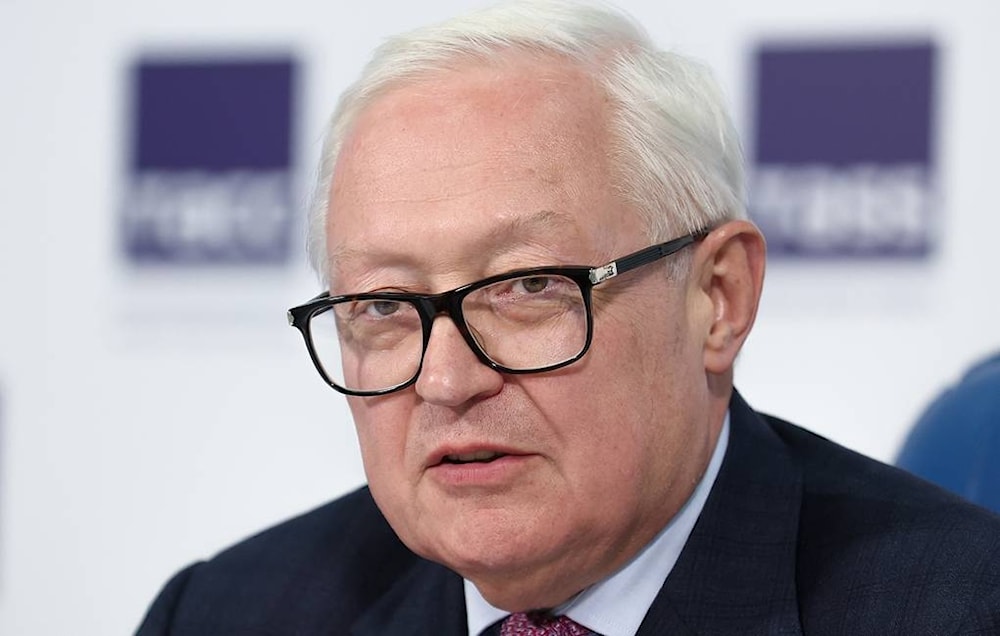Russia to revise nuclear doctrine over West’s escalations: Ryabkov
Russian Deputy Foreign Minister Sergey Ryabkov says that while the relevant document is nearing completion, it is too early to specify a timeframe for its finalization.
-

Russia's Deputy Foreign Minister Sergei Ryabkov (TASS)
Russia is set to revise its nuclear doctrine in response to an analysis of recent conflicts and the actions of Western nations regarding the special military operation in Ukraine, indicated Russian Deputy Foreign Minister Sergey Ryabkov.
"As we have repeatedly said before, the work is in the advanced stage, and there is a clear intent to introduce a correction [to the nuclear doctrine], caused, among other things, by the examination and analysis of development of recent conflicts, including, of course, everything connected to our Western adversaries’ escalation course in regards to the special military operation," Ryabkov told Russia's state-owned news agency TASS.
He pointed out that while the relevant document is nearing completion, it is too early to specify a timeframe for its finalization.
"The timeframe for its completion is a rather complicated issue, considering that we are talking about the most important aspect of our national security," the Russian diplomat added.
President Vladimir Putin had earlier made it clear that the Russian nuclear doctrine is a dynamic document that could be amended if necessary. However, the Russian leader reaffirmed that Moscow operates under the assumption that a nuclear exchange will never occur.
Ryabkov had also previously indicated that the actions of Western nations necessitate an update to Russia's nuclear doctrine in line with current requirements.
The Russian deputy foreign minister warned that the foreign policy situation is being significantly exacerbated by the actions of the US and its allies, stressing that Moscow continually assesses whether its nuclear deterrence strategies are adequately aligned with these challenges.
As outlined in Russia’s 2020 nuclear doctrine, the use of nuclear weapons is permissible if an adversary employs nuclear or other weapons of mass destruction against Russia or its allies, if verified information is received about imminent nuclear launches targeting Russia or its allies, if an enemy threatens facilities essential for a nuclear response, or in the event of conventional aggression that threatens the existence of the Russian state.
Read more: US considering adjusting nuclear posture: Pentagon

 2 Min Read
2 Min Read









